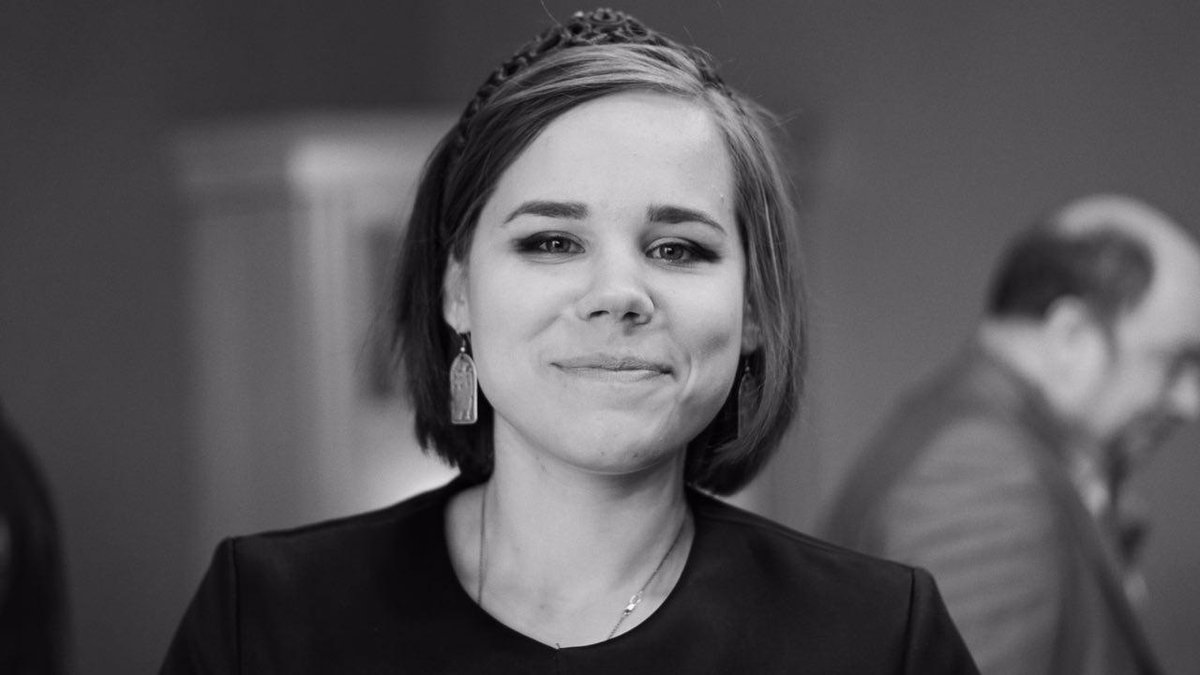Darya Dugina's assassination was almost certainly organised by the Russian FSB. Assuming this is true, then:
1. Order must've been explicitly/implicitly given by Putin
2. It was Darya, not Alexander who was the target
3. Alexander knew it ofc. He's just making show for a public
1. Order must've been explicitly/implicitly given by Putin
2. It was Darya, not Alexander who was the target
3. Alexander knew it ofc. He's just making show for a public
If Alexander was notified about the impending assassination of his daughter Darya, that explains the strangeness with changing cars. Alexander took *her* car, while she took his one. Why?
Most probably the plan was to present Alexander Dugin as the real target of assassination
Most probably the plan was to present Alexander Dugin as the real target of assassination

That had an additional benefit. If we make the world believe that assassins targeted Alexander, but got Darya, the entire operation looks clumsy. It looks as if it is done by someone who does not have full control over the situation and over the territory. Not by Russians 

It is the perceived clumsiness of the operation (they wanted to get a dad but got his daughter) that makes it look as if it is done by the Ukrainians. If it was done by the FSB, who fully control Moscow, they would kill the person whom they intended to kill
May be they did?
May be they did?

If Putin wants to escalate the war in Ukraine or political purges within Russia, he needs a pretext to justify his "outrage". Some "terrorist attack" preferably. And Putin can't just blow up residential houses with nonames: he had already used this trick before 

An overly ambitious golden kid who:
1. Privately advertises *herself* as a person who knows how to fight a war in conversations with influential people
2. Wants to sell *herself* as the Russian nationalist leader
3. Damaged relations with her dad
would be a perfect candidature
1. Privately advertises *herself* as a person who knows how to fight a war in conversations with influential people
2. Wants to sell *herself* as the Russian nationalist leader
3. Damaged relations with her dad
would be a perfect candidature

It's not that Putin saw Darya as a threat. That's highly implausible. It's much more probable that he was actively looking for a sacrificial animal and sacrificing someone troublesome kinda makes sense. Solve two problems at once: big one (pretext for escalation) and a small one 

Alexander was probably notified about this decision only after it was taken. But if it was the dad who suggested his daughter as a sacrificial animal, I wouldn't be much surprised. Perhaps, he knew what she's telling about the great and wise Dugin behind his back. The end 

Damn, my finger is tired of blocking. I need to find a way to automatise the process
• • •
Missing some Tweet in this thread? You can try to
force a refresh





